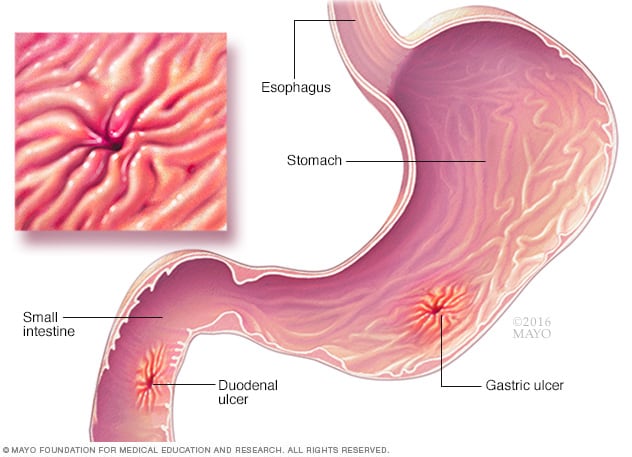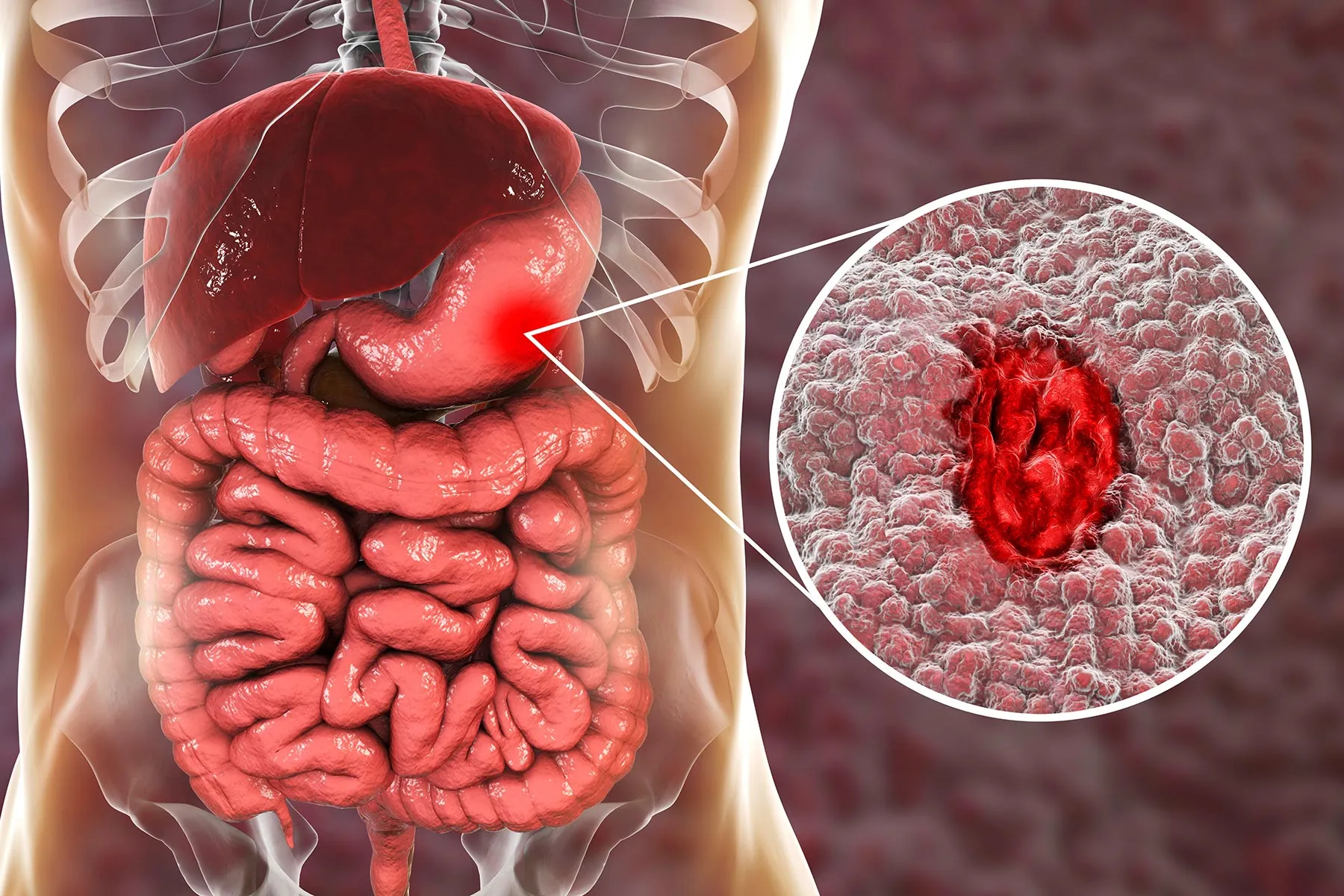
Bleeding Ulcer
ASSEMBLE YOUR CREW, with hundreds of characters from all the Star Trek series including The Original Series, The Next Generation, Deep Space Nine, Voyager, Enterprise and Discovery. Features. Join a fleet, explore the unknown, and gather your friends to help you take control of the galaxy!Show More.  Navigate the galaxy by building and upgrading ships, engaging in intense space battles and completing challenging missions.
Navigate the galaxy by building and upgrading ships, engaging in intense space battles and completing challenging missions.

Jump to How do doctors treat an NSAID-induced peptic ulcer? - How do doctors treat an NSAID-induced peptic ulcer? What if I still need to take NSAIDs? Stomach ulcers are sores in the lining of the stomach or small intestine. They occur when the protective mucus that lines the stomach becomes ineffective. The stomach produces a strong acid to.
The term bleeding can have a few definitions, depending upon what damage the ulcer is actually causing. An ulcer is defined as a on the skin, but most people are referring to ulcers that are lesions in the gastrointestinal tract. Without treatment, these can enlarge and cause several very serious complications that may all be grouped under the heading of “bleeding ulcer.”These complications can include severe bleeding as the lesion grows and attacks the blood vessels. Most commonly this form of ulcer may be present for a while or heavy bleeding can occur suddenly, resulting in cramping pain, nausea, dizziness, and extremely low blood pressure. Alternately, the bleeding occurs slowly and may result in tiredness, paleness, and presence of. Other ulcer symptoms are usually present in slow onset cases such as intestinal upset, stomach discomfort, and acid indigestion. Alternately, people may also use the term bleeding ulcer to refer to a lesion that either perforates (creates a hole in the intestine) or penetrates (creates a hole in the intestine and a nearby organ).
Perforation may either fill the with material from the gastrointestinal tract or it can block another part of the intestine and lead to gastrointestinal obstruction. Penetration may have different symptoms depending upon the related organ that it affects. Symptoms of either of these conditions can include extreme stomach panic, blood, passing black colored stools, or matter that looks like coffee grounds. If an obstruction is present, people may but usually cannot have bowel movementsAll types of bleeding ulcers are extremely dangerous and anyone with an ulcer is more at risk for bleeding ulcers if they smoke, drink frequently or take acidic medications like or non steroidal anti-inflammatory drugs , such as ibuprofen.
Most ulcers are caused by bacterial infection, and diagnosing an ulcer early can usually prevent this serious complication in all of its forms. Treatment early, in the form of antibiotics and antacid drugs is important, and bleeding ulcer usually only presents when symptoms of an ulcer have gone untreated and been ignored.In the most severe cases, the ulcer requires surgery of various sorts to either remove obstructions, or repair ulcerated parts of the intestinal tract or other organs.
Infection rate is significant when perforation occurs, and treatment will include not only surgery but also massive antibiotic doses in intravenous form. Ulcers that have developed a slow bleed may be treated with medication alone, but an ulcer that is simply bleeding heavily and contributing to internal blood loss at a rapid rate would likely require surgery too.
There are three types of surgery usually associated with treating bleeding stomach ulcers:Vagotomy, in which the vagus nerve is cut, thus interrupting the signals between the brain and stomach and reducing acid production.Antrectomy, which involves cutting out part of the stomach that secretes the most gastric juices.And finally, pyloroplasty, in which the surgeons cut a wider opening between the stomach and duodenum, thus allowing food to pass through more easily. This is often performed in conjunction with a vagotomy.
Peptic ulcers are open sores inside the stomach, esophagus or intestine which may bleed and cause health complications. Your physician may adjust your diet as part of your treatment for a bleeding ulcer in addition to medication use. Spicy foods, alcohol and caffeinated products may make ulcers worse. Certain foods may speed healing of a bleeding ulcer and prevent ulcer re-occurrence, states the University of Maryland Medical Center.
Fruits and Vegetables
Ulcers may form from higher concentration of stomach acid that can eat away at the lining of the digestive tract. Smoking, excessive alcohol use and long-term use of anti-inflammatory medications contribute to higher stomach acid concentrations. A diet rich in fiber helps food move easier through the stomach and digestive tract, preventing a backlog of food and acid build-up in the digestive tract. Food rich in fiber may also help heal an ulcer, states the University of Maryland Medical Center.
Fruits and vegetables are naturally high in fiber. Leave skins on fruit when appropriate, such as with apples and pears, for added fiber content. Beneficial vegetables include broccoli, carrots, potatoes, peas and artichokes. MayoClinic.com recommends that women consume about 21 to 25 g of fiber per day, and males 30 to 38 g daily.
Grains and Legumes
Foods high in fiber include whole grains, like whole wheat bread and pasta, brown or wild rice and cereals, crackers and snacks made from whole grain. Beans are also rich in fiber. Consider adding black beans, pinto beans, kidney beans or baked beans to your diet for a fiber boost. Lentils and split peas are also good choices.
Foods with Flavanoids
Flavanoids are naturally occurring compounds in certain plants that have many health benefits, including inhibiting ulcer formation and healing, states Natural Remedies.org. Flavanoids may be found in apples, whole cranberries and cranberry juice, onions, celery, garlic and tea leaves. H. Pylori is a bacterium known for causing bleeding ulcers. These compounds may prevent the growth of H.pylori, a bacterium that causes ulcers, states the University of Maryland Medical Center.